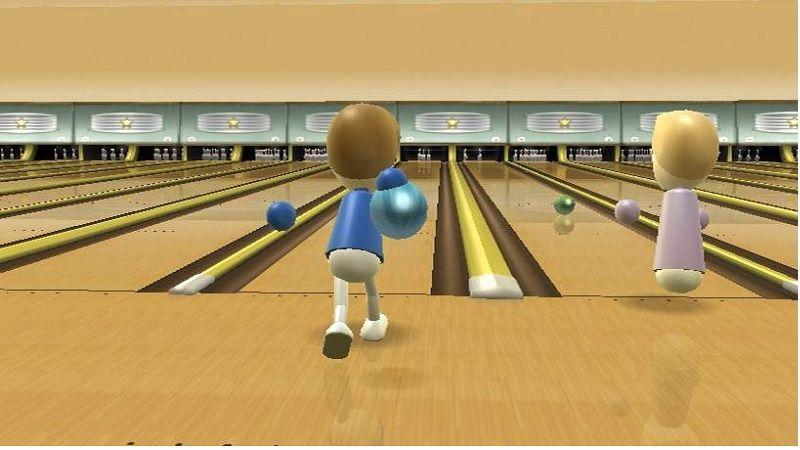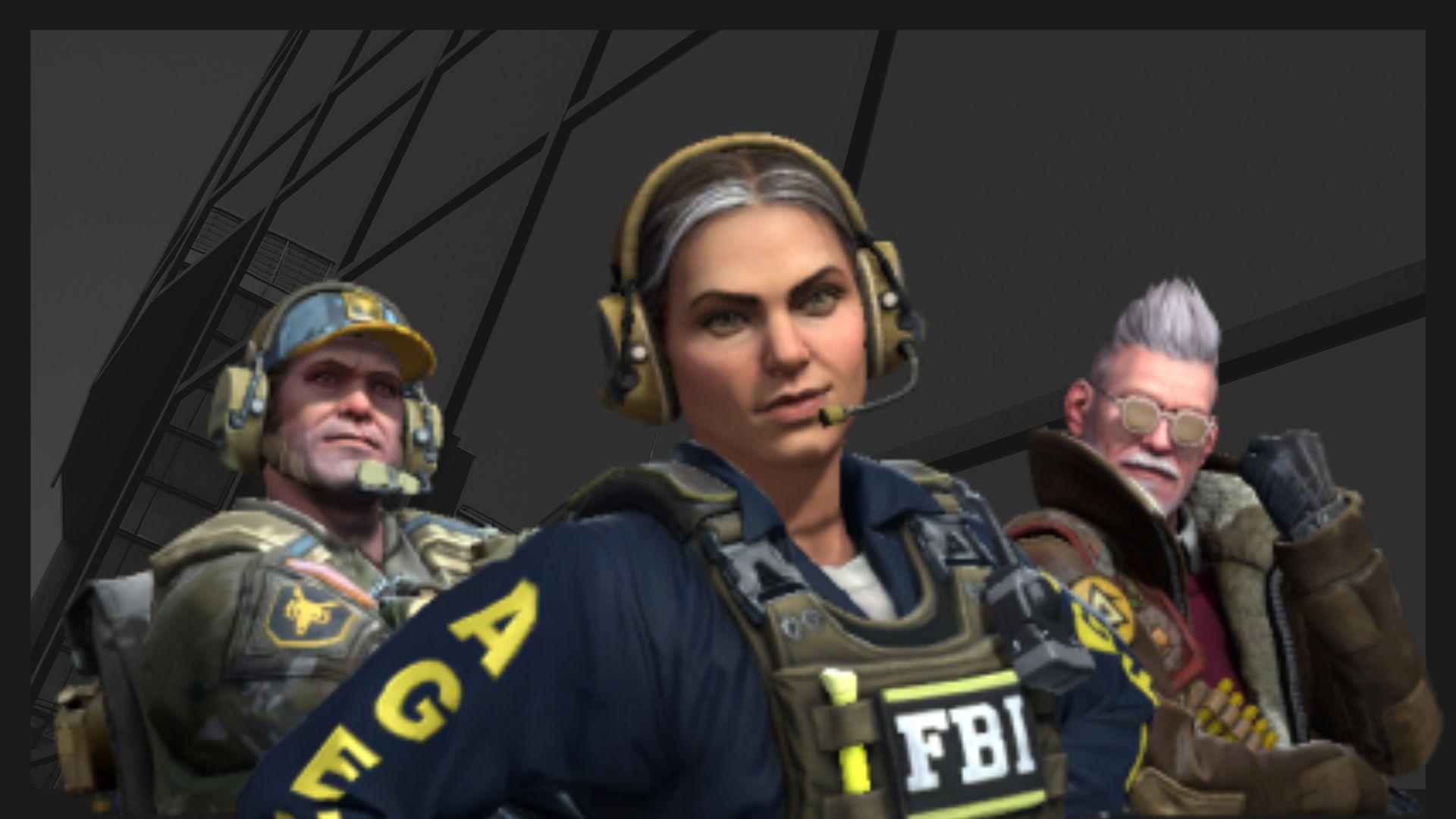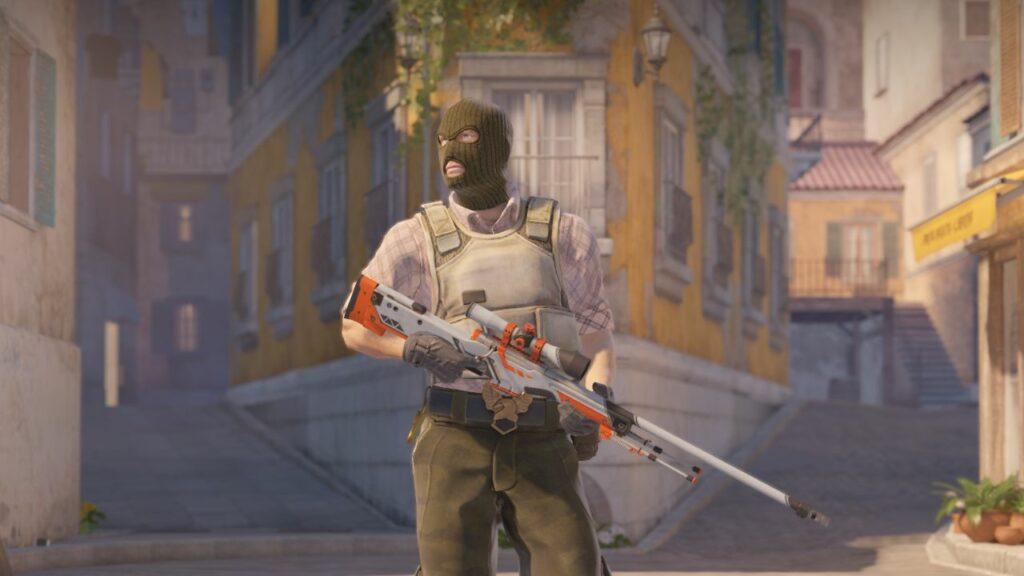
IOC wants VR sports games in the Olympics, not CSGO or LoL
Despite an initial effort to understand the esports industry, the International Olympics Committee ultimately decided they weren’t ready to accept esports into the Olympic Games.
IOC president Thomas Bach told the Associated Press that it was because “some egames are not compatible with the Olympic values,” pointing out that certain titles “promoted violence or discrimination.”
In an effort to understand esports, members of the IOC took part in a summit on the industry. Their opinion softened on esports to some degree, but the IOC doesn’t see a future in games like Fortnite, League of Legends, Dota 2, and Counter-Strike: Global Offensive. They’re looking towards sports-themed virtual reality games.
“The Summit sees great potential for cooperation and incorporating [electronic games simulating sports] into the sports movement,” read a recent blog post. “Many sports simulations are becoming more and more physical thanks to Virtual and Augmented Reality, which replicate the traditional sports.”
Esports Olympics likely won’t include games like LoL, CSGO
This statement implies that the IOC may not see esports as an Olympics-worthy endeavor, since serious competitors are often sitting when competing in tournaments rather than miming a javelin toss. It appears that the IOC is not ready to accept esports as a sport at all, and are instead fixated on the concept of competitive gamers pretending to play sports while wearing a VR headset.
While this might be possible in the future, games like FIFA, NBA 2K, and Madden aren’t nearly as popular from an esports perspective as titles such as League of Legends and CSGO. At the same time, VR esports basically don’t exist.
Though they are entitled to their opinion, it’s easy to question how thorough the IOC’s research into the subject has been.
Calling esports “egames” and “killer games” suggests they lack a proper knowledge. Alongside this, other Olympic athletes have claimed that esports titles are sexist and depict women as victims, which doesn’t describe any popular esports title.
“With regard to other electronic games,” continued the blog post, “the Summit concluded that, at this stage, the sports movement should focus on players and gamers rather than on specific games. This focus on individuals should promote the participation in sport and its benefits as well as healthy lifestyle at all levels, including a health management model for elite esports competitors including both physical and mental health.”
It’s unclear what that means in regards to including esports in the Olympics, but appears to imply that esports players should actively promote traditional sports and healthy lifestyle choices if they want to be recognized by the Olympics when Wii Bowling is finally a recognized sport.
Recommended

s1mple is offering lessons to help you get good at CS2
Have you dreamed of playing like s1mple?

Recent CS2 ban wave punishes cheaters during live games
Valve is banning players in bulks.

Players hopeful after Valve adds Overwatch to expose CS2 cheaters
Only “trusted” players will be Overwatch investigators.







